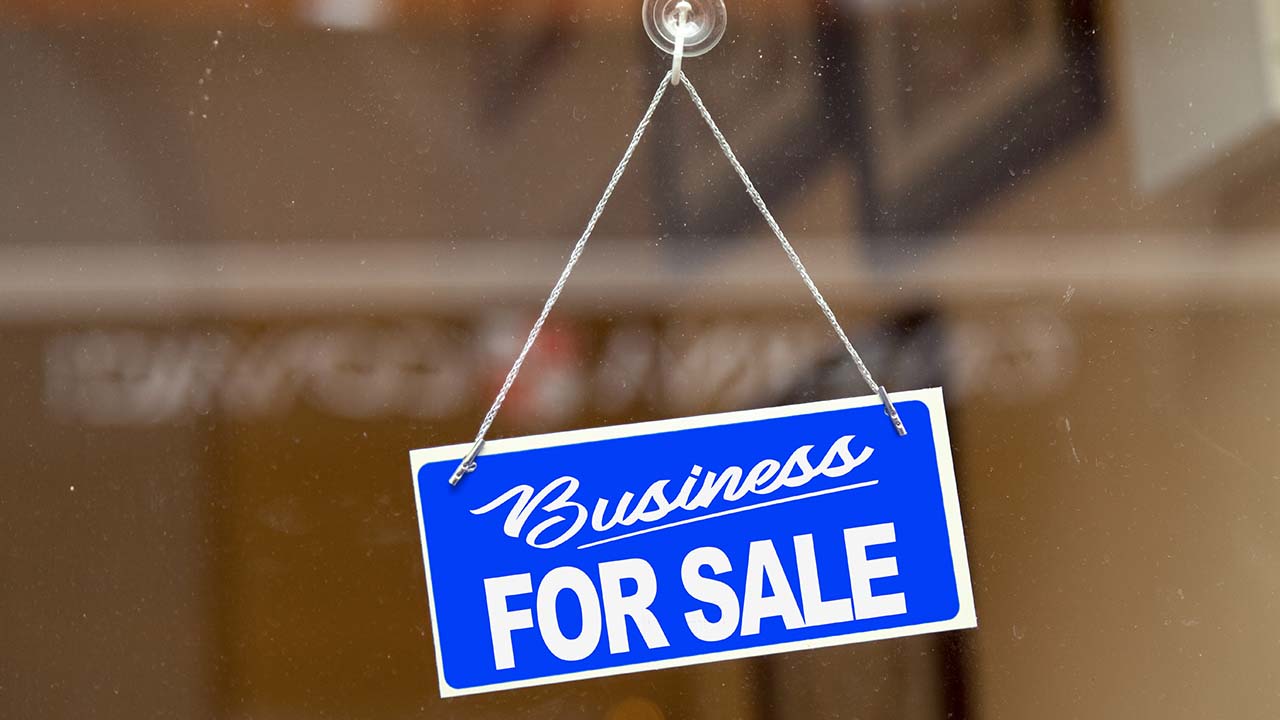In News
Follow this topic
Bookmark
Record learning outcomes
Selling a pharmacy can be a complex process, with many questions and concerns arising. Tertius Alberts answers some of the most frequently asked questions to help you navigate the process
What happens once the price has been agreed?
Most buyers will try to maximise their chances of securing the purchase by asking the seller for a commitment not to negotiate with other prospective buyers for a specified period of time. In return, a seller will often ask the buyer for a deposit of up to 10 per cent of the agreed price. This deposit will usually be refundable in certain circumstances, such as the seller withdrawing from the sale without fair reason.
The buyer’s first major step will be to undertake a due diligence process. This will involve investigating the pharmacy, and generally takes the form of questionnaires covering all aspects of the operation of the pharmacy – together with requests for certain documents.
The buyer will aim to increase their current knowledge of the business, identify potential liabilities or problems and understand what the operational requirements will be to run the business once the purchase has completed. Since this process may involve sharing sensitive information, we therefore generally advise that a seller enter into a confidentiality agreement with the buyer.
When do I need to approach NHS England?
Both parties must apply to NHS England for change of ownership consent if the pharmacy is sold by way of an asset sale. We generally recommend that this application be made as early as possible, as this consent can take time to obtain. Before submitting the application, sellers should ensure that they have contractual protection in place because, once submitted, the buyer will have conduct over the application. If the pharmacy is sold by way of a share sale, change of ownership consent will not normally be needed.
The NHS contract will definitively transfer to the buyer on the date on which NHSE updates its Pharmaceutical List. To avoid unwanted complications, it is important to ensure that the purchase completion date coincides with the date on which the Pharmaceutical List is amended. If not, the buyer may not receive the NHS income accruing from the completion date. Moreover, the seller will continue to be responsible for the pharmacy’s operation under the terms of the NHS contract until the transfer occurs.
Will I have any liabilities after the sale completes?
The due diligence exercise should be able to provide the buyer with a good understanding of the pharmacy and its business. However, once a sale completes, they will become responsible for all liabilities of the pharmacy they have acquired (whether or not they were identified as part of the due diligence process) and there is limited automatic statutory protection for a buyer in relation to any of these liabilities acquired.
Who is responsible for those liabilities will therefore depend on the terms and conditions outlined in the sale contract. These contracts will usually contain various contractual statements (“warranties”) concerning the state of the business. These may cover areas such as employees, litigation, accounts accuracy, tax etc. and will provide a buyer with the ability to make a claim against the seller if those statements prove to be incorrect.
Sellers often negotiate some protection or limitations against warranty claims. This is often achieved by agreeing a limited time period during which claims may be made, a cap on the amount that can be claimed, and by disclosing any warranty breaches to the buyer before signing the sale contract.
Can I set up another pharmacy business with my sale proceeds?
Buyers will not want to face additional competition from the seller, so may ask for restrictions on the seller owning or having an interest in a competing pharmacy within a certain area for a specified period after the sale, or restrictions on the use of the pharmacy’s name and intellectual property. The circumstances of the sale often determine how wide the restrictions are, so these are usually negotiated on each deal.
Conclusion
Selling a pharmacy can be a complex process, but it can also be a rewarding one if done properly. By understanding the key questions and concerns associated with the process, you can ensure that the sale of your pharmacy goes smoothly and that you receive the best possible outcome.
The above is a general overview and we recommend that independent legal advice is sought for your specific concerns. If you require further information in relation to the points raised in this article, you should contact Tertius Alberts, who is a solicitor and associate in the Healthcare Transactions Team at Charles Russell Speechlys LLP. He can be contacted at Tertius.Alberts@crsblaw.com

